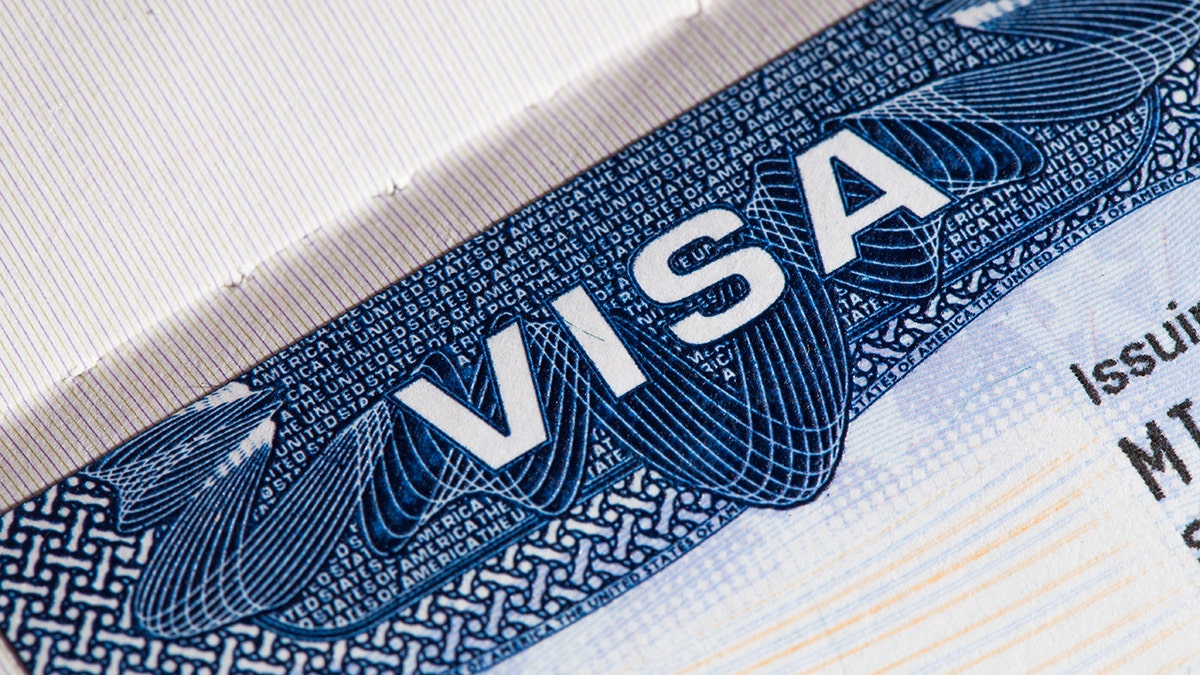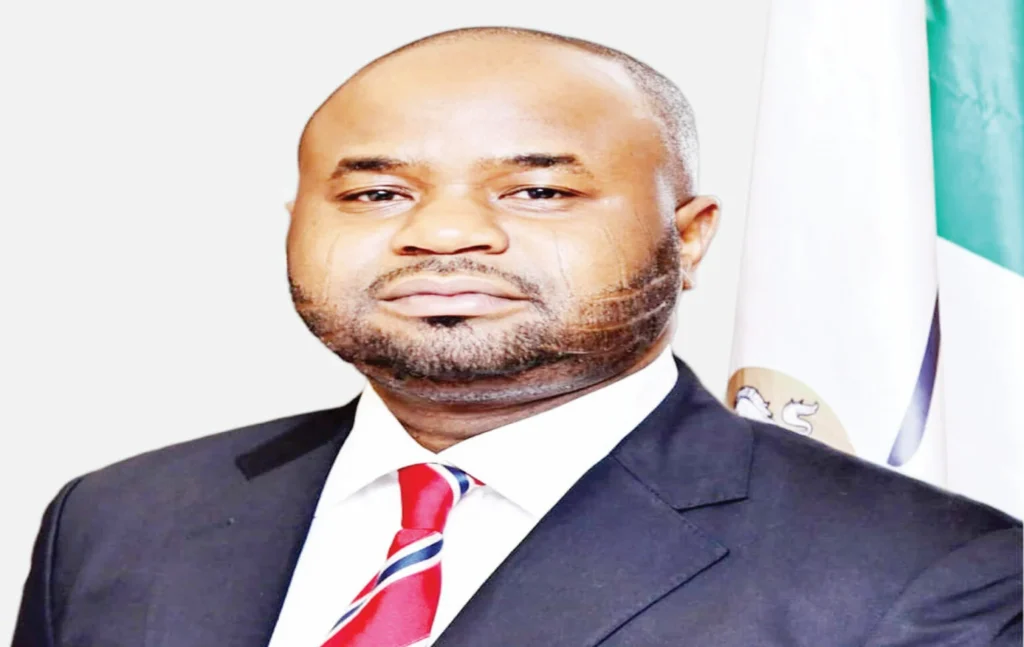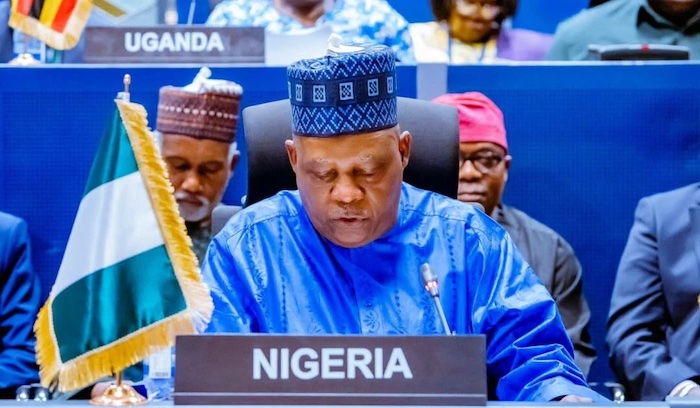US Mulls $15,000 Bond for Some Categories of Visa Applicants to Check Overstays

The United States is poised to introduce a new visa regulation that will require certain foreign visitors to furnish a bond of up to $15,000.
This measure is part of a 12-month pilot initiative aimed at reducing instances of visa overstays.
A bond represents a loan to a government or corporation for a predetermined period. Bonds furnish the borrower with external capital to fund long-term investments.
In a notification on the Federal Register website, the U.S. State Department announced that under this program, certain applicants for B-1 business and B-2 tourist visas from countries considered high-risk for visa overstays may be obliged to post bonds of $5,000, $10,000, or $15,000 prior to being granted entry into the United States.
The State Department indicated that the pilot program will commence on August 20, becoming effective 15 days subsequent to the formal publication of the rule.
The initiative targets applicants from nations identified in a 2023 Department of Homeland Security (DHS) report as having elevated overstay rates, inadequate internal document security, or those offering citizenship by investment without a residency prerequisite.
“Foreign nationals applying for visas as temporary visitors for business or leisure, who are citizens of countries identified by the department as having high visa overstay rates, where screening and vetting information is deemed insufficient, or offering citizenship by investment without a residency requirement, may be subject to the pilot program,” the notice states.
Applicants from countries participating in the visa waiver program, which permits citizens from 42 primarily European nations to travel to the U.S. for up to 90 days without a visa, remain unaffected.
Consular officers will assess whether a visa applicant is required to pay the bond as a condition for visa issuance.
The bond amount will be refunded if the individual adheres to all visa terms but will be forfeited in the event of an overstay.
The program also stipulates that visa holders obligated to pay the bond must enter and exit through designated U.S. airports.
The State Department has yet to reveal the list of affected countries or the number of individuals the policy may affect, though it noted that the list and criteria may evolve over time.








